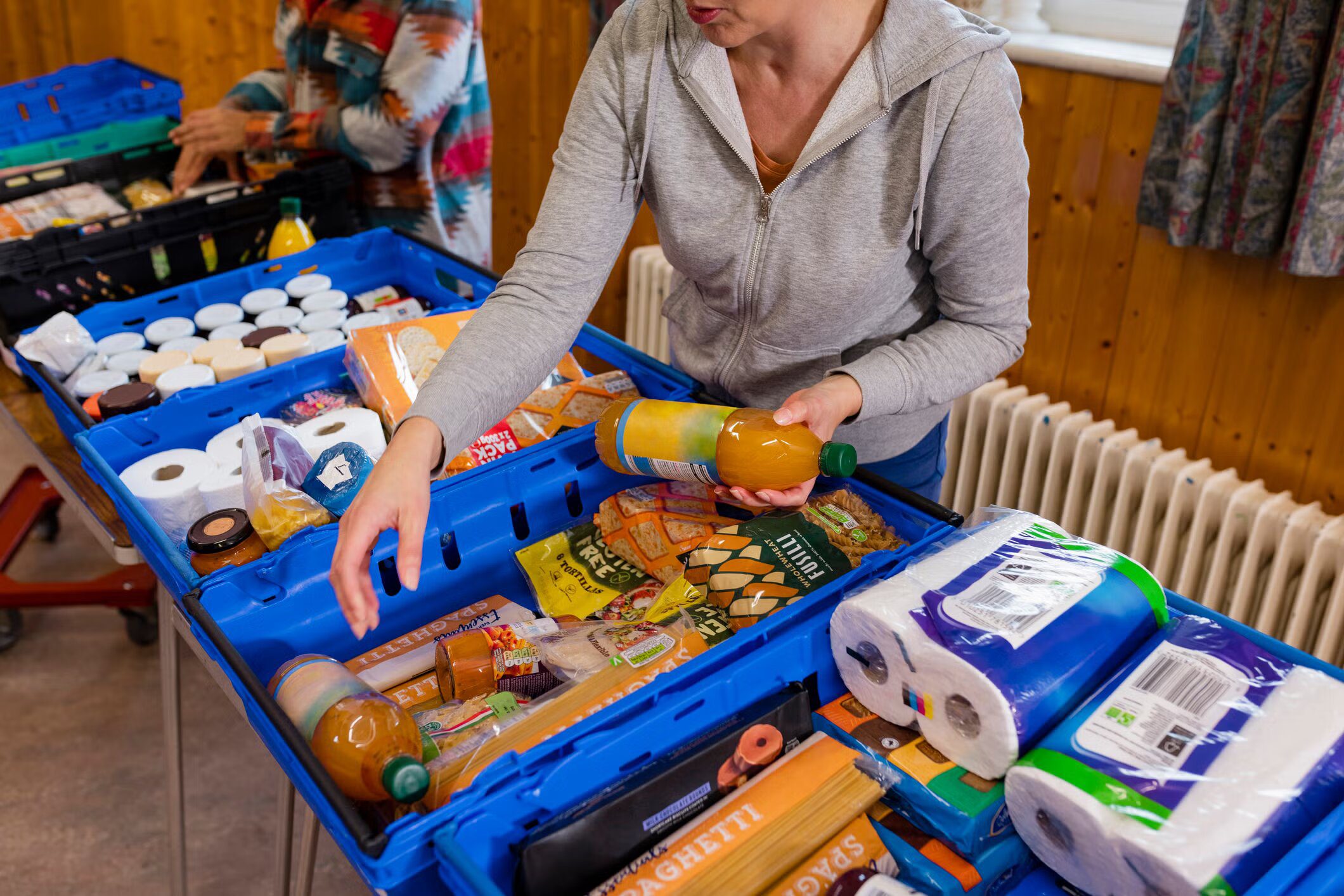The Great British Food Shortage: Why prices are rising and shelves are empty | The Independent
Let’s talk about something that’s been on my mind lately: the fragility of Britain’s food supply. It’s a topic that might not make for light dinner conversation, but it’s one we can’t afford to ignore. With global instability on the rise—thanks in part to the ripple effects of political chaos like that stirred up by Donald Trump—our food system is more vulnerable than ever. So, what can we do about it? I’ve got some ideas, and I’d love to hear yours too.
Why Stockpiling Isn’t the Answer (But I’m Doing It Anyway)
Okay, I’ll admit it: I’ve started stockpiling food. It feels a bit like I’m channeling my inner prepper, but hear me out. Over the past month, I’ve set aside 25kg of rice, 15kg of dried chickpeas, and enough flour, oats, and tinned tomatoes to last my family about two months. It’s not that I’m expecting doomsday tomorrow, but I’d rather be safe than sorry.
Here’s the thing, though: while stockpiling might give me some peace of mind, it’s not a solution for everyone. Not everyone has the space or resources to build a personal food reserve. And even if they did, individual action can only go so far. What we really need is a government strategy that ensures everyone is protected in times of crisis.
The Global Food System: A House of Cards
Did you know that nearly 60% of the calories consumed worldwide come from just four crops: wheat, rice, maize, and soybeans? And guess who’s one of the biggest exporters of these staples? The United States. This concentration of production in a handful of countries makes the global food system incredibly fragile.
Now, imagine what could happen if there’s even a minor disruption in supply. Whether it’s a software glitch, a military conflict blocking key shipping routes, or a corporate giant collapsing, the ripple effects could be catastrophic. And let’s not forget the environmental challenges—droughts, floods, and other climate-related shocks are becoming more frequent and severe.
Lessons from History (and Other Countries)
Here’s where it gets interesting. Some countries are already taking steps to safeguard their food supplies. China, Japan, Switzerland, and Norway, for example, have invested in strategic grain reserves. These stockpiles not only act as a buffer against disasters but also help stabilize prices during times of scarcity.
So, what’s the UK doing? Well, when I asked the government about their food reserves, they dodged the question. Not exactly reassuring, is it? It’s almost as if they’re hoping the problem will just go away. Spoiler alert: it won’t.
What Can We Do Differently?
Building resilience in our food system isn’t just about stockpiling. It’s about rethinking how we produce, distribute, and consume food. Here are a few ideas:
- Relax Ridiculous Standards
Did you know that a significant portion of the UK’s grain is rejected for human consumption because it doesn’t meet strict cosmetic or processing standards? Relaxing these rules could make more food available for people instead of being diverted to animal feed. - Shift Toward Plant-Based Diets
Globally, a plant-based diet requires 76% less land than the average diet. In the UK, 85% of farmland is used to feed livestock. Reducing our reliance on animal products could free up land for rewilding and make our food system more sustainable. - Invest in Innovation
Technologies like precision fermentation could revolutionize protein production, reducing our dependence on imports. But we also need to invest in soil science and sustainable farming practices to maintain high yields with fewer inputs. - Break Up Corporate Monopolies
The food industry is dominated by a handful of giants that are “too big to fail.” Stronger anti-trust laws and weaker intellectual property rights could foster competition and innovation. - Engage the Public
Transparency and public involvement are key. Governments should keep people informed and involve them in decision-making, as Taiwan has done during crises.
Final Thoughts
I’ve boxed up my stockpile, and some of my neighbors have followed suit. But let’s be clear: individual action is not enough. No one is truly secure until everyone is secure. My full shelves don’t bring me comfort—they’re a reminder of how precarious our food system has become.
So, what’s your plan? How do you think we can build a more resilient food system? Let’s start the conversation—because this is a problem we need to tackle together.
#FoodSecurity #ResilientFoodSystem #SustainableLiving #GlobalFoodCrisis #ClimateResilience
